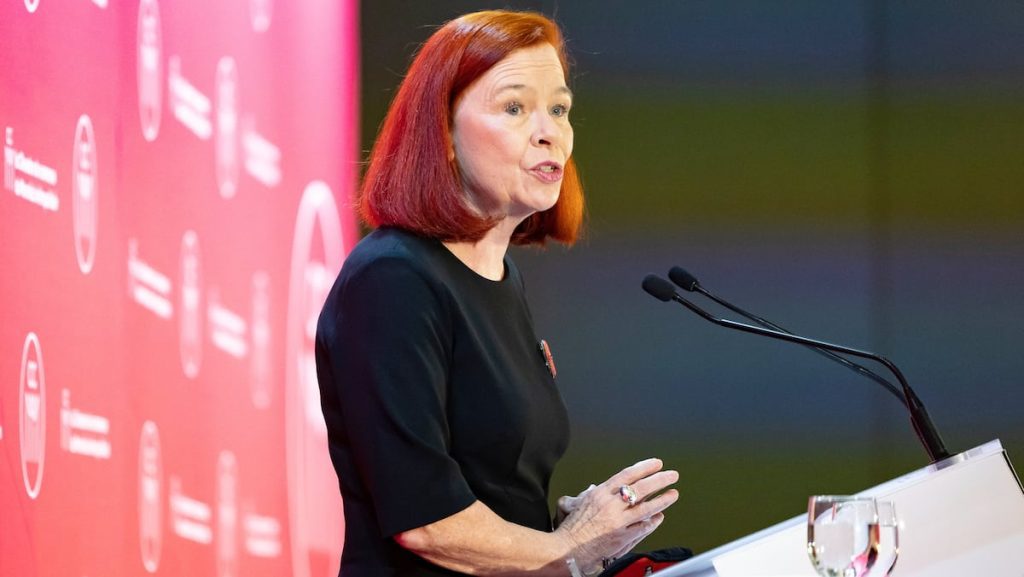
At worst, her bonus will be reduced by a few percentage points, but the CEO of CBC/Radio-Canada will receive it, as will all other members of management.
• Also Read: Bass said CBC has had more content cuts than Radio-Canada
Because the bonus – or bonus, depending on the name given to this “reward” – has for many years been part of the regular pay of executives, whether they are in a highly competitive private company or an uncompetitive state company. SAQ and Hydro-Québec. The latter two have a more enviable situation than Radio-Canada, which is still subject to some competition.
In principle, the amount of bonuses for Radio-Canada executives is determined by their immediate superiors, while bonuses for senior management are set by the CEO. As such, she evaluates her own performance, which she submits to board members who approve or reduce the bonus. Because bonuses exist, the CEO's projected amount almost always goes through like a letter in the mail.
Maybe not!
On Tuesday this week, Mme Tait appeared in Ottawa before the Heritage Committee. As expected, when she was quizzed on the question of bonuses, last December, she had cut 600 posts in addition to the 200 already vacant and what would remain vacant. The CEO refused to tell the committee whether bonuses would be given or whether targets set at the beginning of the year had been met. For the record, she added, “all options are on the table,” including “freezing” bonuses, without elaborating on what that means.
Mme Tait, who makes a specialty of clumsy or ill-timed announcements, also declared that “at the end of the day, it's not the board of directors that decides on his bonus, but the government.” She noted that her bonus “depends on many people who work in the Prime Minister's Office, including deputy ministers.”
Government independence
If these words Mme Tait, as reported by journalist Mary Wolfe Globe and Mail, they alone justify the failure to renew his mandate for five years. If the governor in council (in practice: the prime minister's cabinet or office) appoints the CEO of Radio-Canada as well as the president of the council and its members, the government, whatever it is, will always take jealous care. Not to interfere in its administration or programming.
Only by cutting its funding or making big announcements like Pierre Trudeau or Jean Chrétien have governments or political parties voiced their displeasure with the public broadcaster, knowing it won't change much.
Catherine Tait can sleep soundly. Even if his inappropriate statement deserves to reduce his bonus, the chances of doing so are almost zero. Especially since Marco Dubé, one of CBC/Radio-Canada's countless vice-presidents, points out that bonuses are based on seven criteria, including digital performance and radio performance, two areas of which Catherine Tait is – not without reason – particularly proud. .
In January 2025, Mme Tait will be able to live comfortably in New York after benefiting from his 2024 bonus and the partial bonus he will undoubtedly receive for his work from April to next January!





More Stories
Sportswear: Lolle acquires Louis Garneau Sports
REM is still innovative enough to foot the bill
A trip to the restaurant with no regrets for these customers